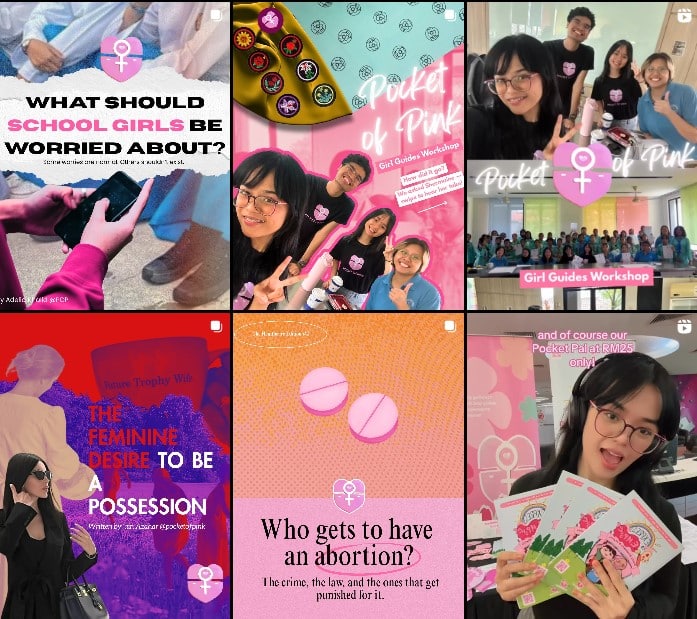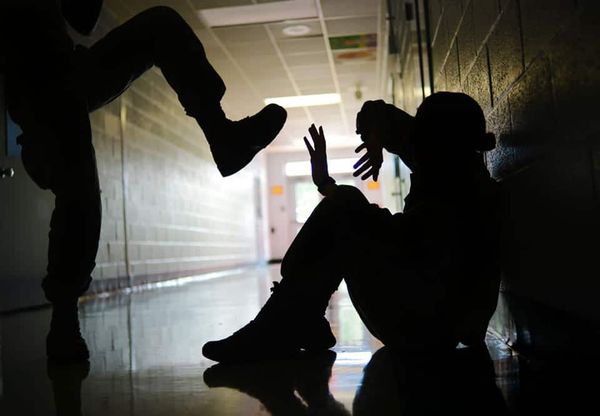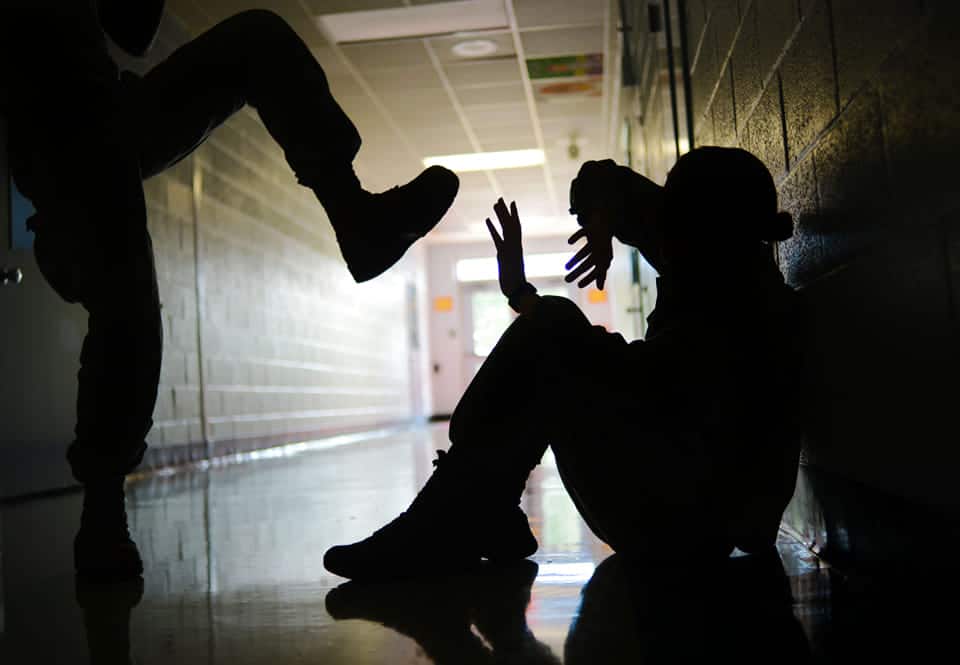SHAH ALAM, Sept 10 — Ain Husniza Saiful Nizam’s name first came to prominence in 2021 when her courage in questioning a teacher’s lewd joke on TikTok sparked a wave of national awareness.
From that moment, the #MakeSchoolASaferPlace movement was born, opening space for thousands of students to speak out about sexual harassment in schools.
Now, the 24-year-old youth activist has come forward with a new demand: an Anti-Bullying Act to protect students in schools and educational institutions.
“The sexual harassment law took 30 years to be passed, but the voices of young people accelerated the process.
"The anti-bullying law, however, is something we need now — not in 10 years’ time,” stressed the Pocket of Pink founder during her interview on 'Siapa Tahu?', a programme produced by Media Selangor recently.
For Husniza, priority must be given to the voices of the younger generation, as they are the ones who feel the direct impact of every education policy.
“Most policymakers today are in their 40s or 50s. But the ones affected are young people, so why are they not at the table discussing the law?” she asked.
Husniza aspires to mobilise youth communities to actively contribute input to Parliament and the government, so that their voices resonate not only on social media but also influence national policy-making.

From TikTok to a wave of change
The short video she uploaded to TikTok in 2021 triggered a national conversation. As a result, students’ voices — long sidelined — began to gain the attention of society and policymakers.
The #MakeSchoolASaferPlace campaign generated such public pressure that it became a key driver behind the passing of the Sexual Harassment Act 2022, a major step forward in legal protection for victims of sexual harassment.
Not stopping there, Husniza and a group of youths founded Pocket of Pink, focusing on comprehensive sexuality education, students’ rights, and efforts to fight the culture of silence around harassment and bullying in schools.
The campaign is driven at the grassroots level through social media, awareness workshops, and engagement sessions with student communities.
“When teachers report bullying cases, it can affect the school’s Key Performance Indicators and reduce funding. This system gives no incentive to report; instead, it encourages a culture of silence,” she said.
The youth activist stressed that cultural change can only happen if clear policies exist to protect victims, not merely safeguard institutional reputation.

Turning trauma into strength
Husniza's boldness has not been without fierce backlash on social media, as she admitted that she once experienced depression and had to undergo weekly therapy sessions.
However, family support and the bravery of other students who came forward to share their experiences transformed her trauma into a new source of strength.
“Even though I went through depression, I knew many other students needed my voice to defend their rights. That is what kept me going,” Husniza said.
Her stand against the culture of silence in schools made her a target of online attacks, including slander and threats that tested her resilience as a teenager.
Yet the experience shaped Husniza into someone more mature and resilient. For her, every word of support from victims of bullying and harassment serves as a reminder that her courage carries great meaning.





